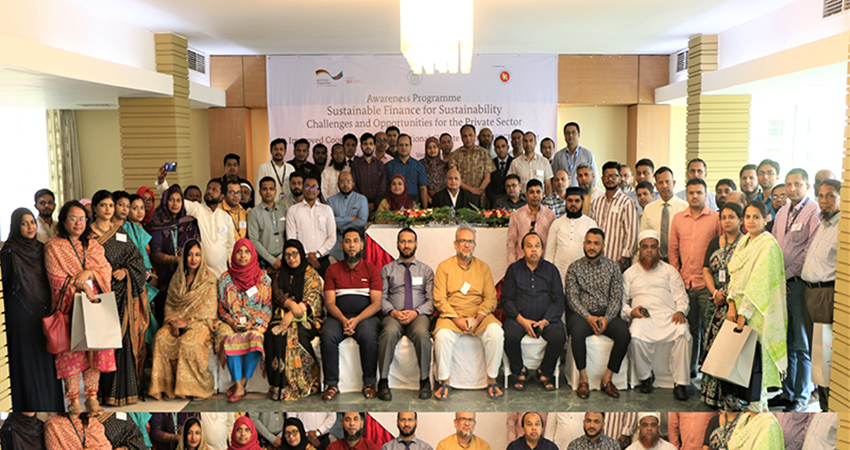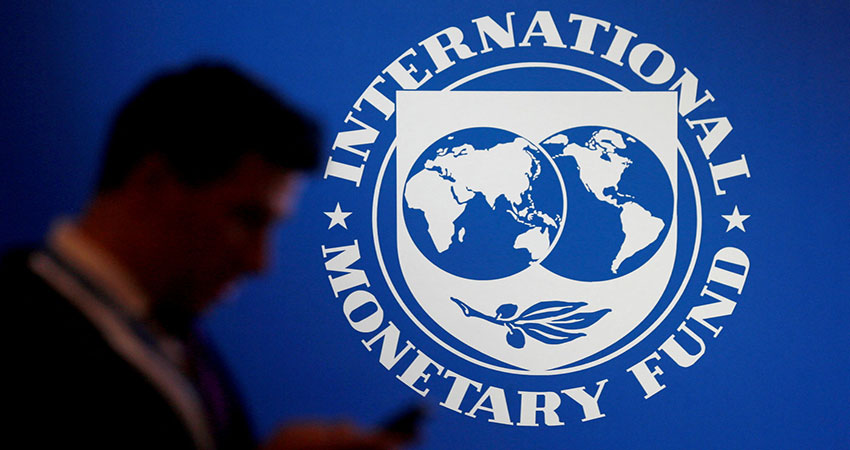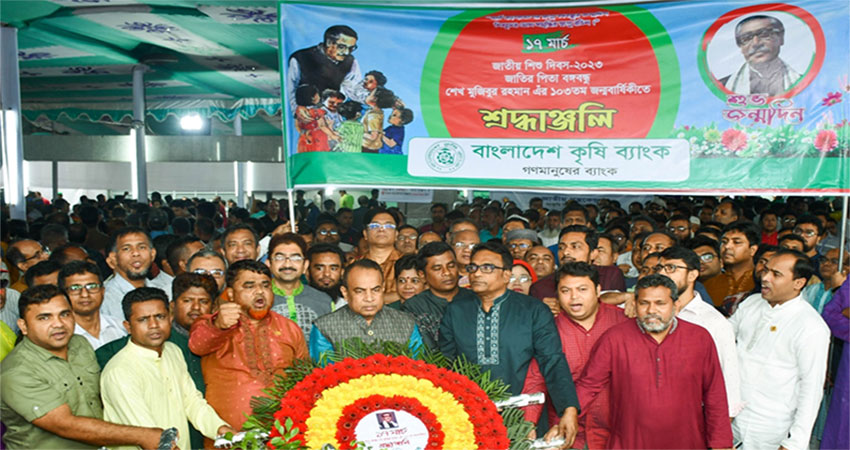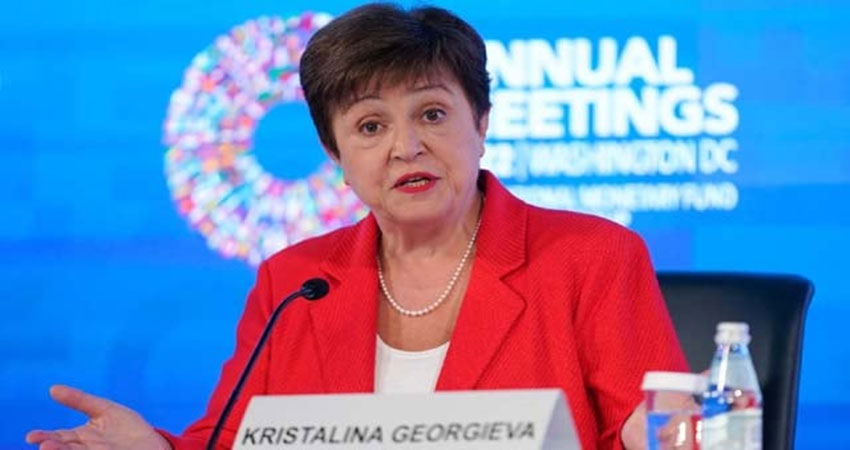Bangladesh should continue climate loss and damage advocacy and respond quickly to financing opportunities, said John Roome, regional director of the World Bank.
This will require strong international partnerships and development partner financing, building on the needs and commitments of Bangladesh, he also said during the launch of "Country Climate and Development Report" on Monday (31 October).
The World Bank recommends that removal of subsidies, rationalization of gas tariffs, uniform value added tax on fuel transport via different modes and a gradual introduction of a carbon tax will improve energy efficiency, reduce road congestion and generate revenue redistribute and climate adaptation programmes.
"Removing energy subsidies and domestic protection of inefficient industries will be critical to encouraging domestic and foreign investment," says the World Bank.
They recommended enforcing environmental standards. Implementing the Energy Efficiency and Conservation Master Plan across all sectors is feasible and is a priority, said John Roome.
The World Bank report suggested three policy packages to be implemented by Bangladesh. The policies include 1. People centric, climate-smart spatial development, 2. Delivering development benefits with decarbonisation, and 3. Enabling environment and institutional realignment.
The report recommended prioritizing and allocating financing for Bangladesh Delta Plan 2100 projects.
"Projects identified in 2018 were estimated at $38 billion. Streamlining of institutional arrangements and improving public investment management are critical to accelerating implementation," reads the report.
It also says, "Increase awareness for local-level climate actions and strengthen systems for adaptation in a transparent and accountable manner. Current capacity levels of local government and communities to address climate vulnerabilities and work together may require further strengthening."



















